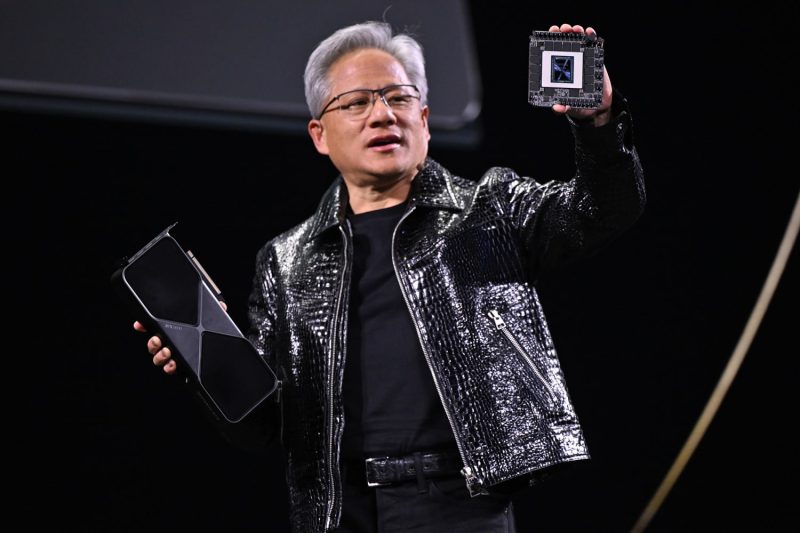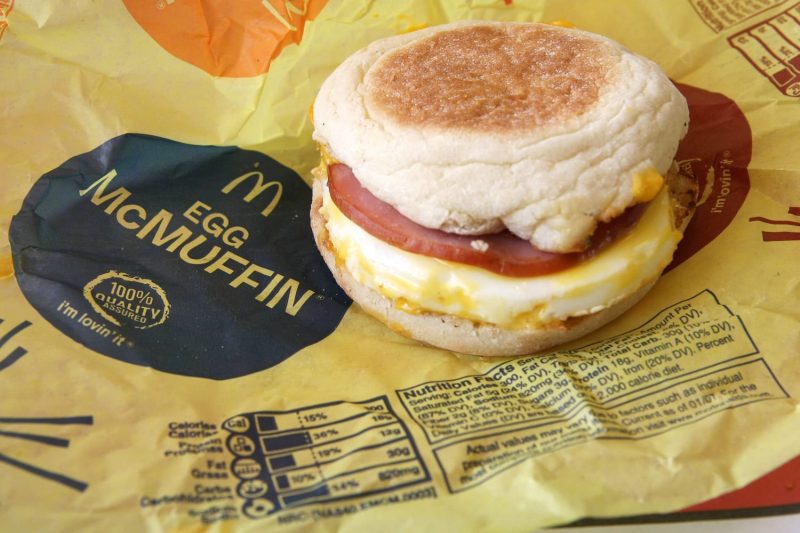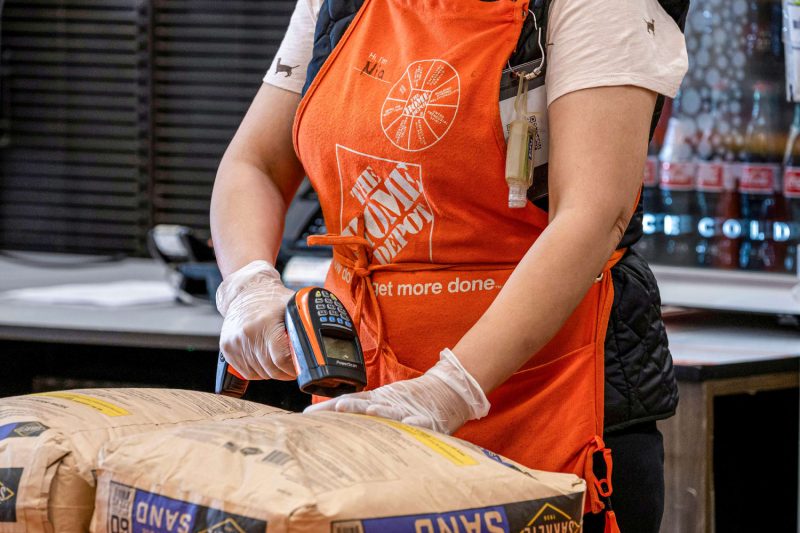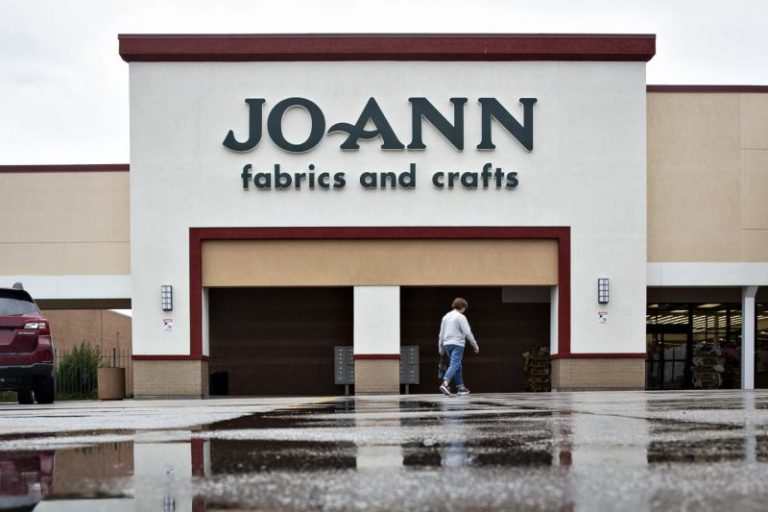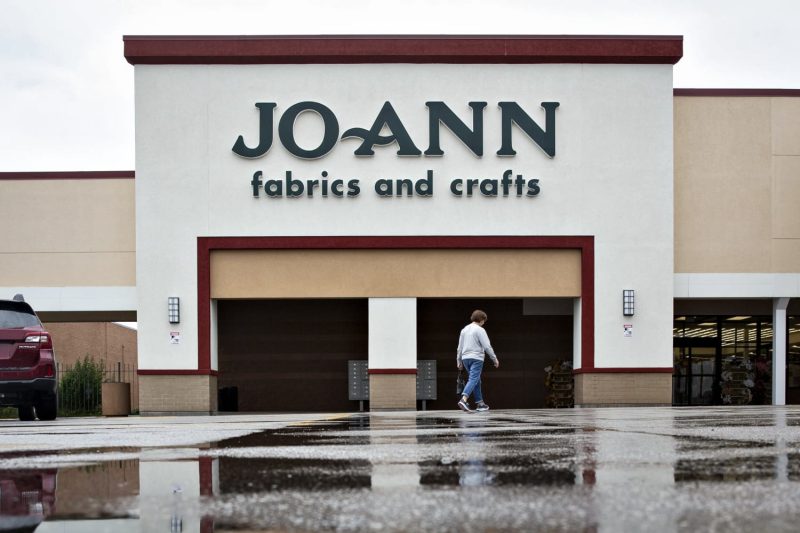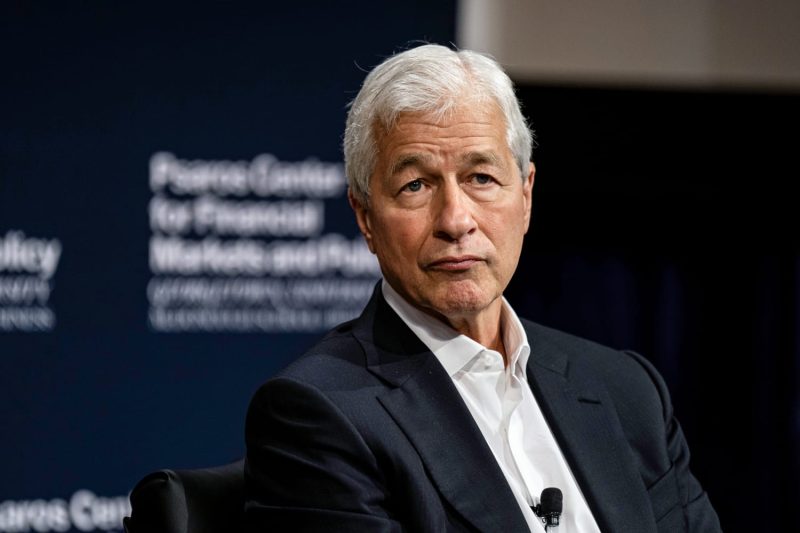
Direct-to-consumer footwear brand Rothy’s just recorded its best year on record after the company appointed retail veteran Jenny Ming, one of the co-founders of Old Navy, as its CEO.
Ming took the helm of the flats maker from co-founder Stephen Hawthornthwaite in January 2024. Under her direction, the company grew sales 17% to $211 million last year, its best volume year since it launched nearly a decade ago.
Comparable sales at its stores grew 20% and it posted positive EBITDA for the full year, with margins above 10%.
Rothy’s outperformed the U.S. footwear market, which was flat in 2024 compared with 2023, according to Circana.
Rothy’s growth, which came from an expansion into wholesale and a focus on brick-and-mortar stores, comes as direct-to-consumer darlings find it harder than ever to survive with the pure-play models that once wowed investors at the turn of the decade.
Once considered the future of the industry, these online-only businesses are now leaning into the retail fundamentals that have long been the building blocks of emerging brands. Wholesale partnerships are a critical customer acquisition tool, and stores still matter.
As these plucky startups contend with the challenges that come with an online-only business, the winners are adapting to a new reality where stores, wholesale partnerships and e-commerce all need to be part of the mix to ensure they can operate profitably.
“A lot of people are like, why would you be on Amazon? Because people do a lot of searches on Amazon. If we weren’t there, and they type in Rothy’s, a competitor or somebody else would show up. So why wouldn’t we want to be there?” Ming told CNBC in an interview. “To me, it’s really thinking a little bit more holistically and broadly. What our customer would want from us is how we approach it … people shop very different today.”
Channel diversification will never be a panacea for a business that’s inherently broken or doesn’t serve a market need. The footwear industry and specialty retail overall is more competitive than ever, and Rothy’s needs to continue its efforts to diversify, scale and expand into new categories to keep up its performance.
Soon after Rothy’s launched in 2016, it quickly made a name for itself with its ubiquitous Instagram and Facebook advertisements and an innovative approach on sustainable shoe manufacturing that included using recycled plastic to make machine washable products. By 2019, it was Meghan Markle’s flat of choice and it had developed a cult following.
Buoyed by a record year for valuations and 0% interest rates, Brazilian footwear company Alpargatas took a 49.9% stake in Rothy’s in 2021 that resulted in a post-investment valuation of $1 billion.
Rothy’s used the investment to build out a store fleet, but by that time, the company’s growth had stagnated and it was struggling to reach profitability.
“Once we sort of emerged from the pandemic, you could see a lot of these digitally native brands now sort of saying, OK, now what, right? I need stores. It is so expensive to acquire customers online,” said Dayna Quanbeck, Rothy’s president. ”[With] an e-commerce model … all of your costs are variable, right? Where you really find scale and you really find profitability is where you can leverage your fixed costs, which is stores, really, and wholesale.”
Ming, who served as Old Navy’s president between 1996 and 2006 and later became the CEO of Charlotte Russe, joined Rothy’s board in 2022 and was later asked to take over as CEO. She said no at first, but later agreed to take the helm after she spent a few months consulting and saw the early innings of a transformation beginning to take shape. She immediately started focusing on improving profitability and generating sales momentum by making sure Rothy’s was selling the types of products that its customers wanted — and in the places they shopped.
“I literally went line by line … looking at what we should spend, what we shouldn’t, you know, and rightsize marketing spend. There was things that, you know, we don’t need,” said Ming, citing office plants as one of the first things she cut. “But the main thing is, driving profitability is really in revenue. You have to be growing your sales in order to really be profitable, right?”
That’s where Rothy’s new selling strategy came in. In 2024, it began testing with a select number of wholesale partners — Anthopologie, Bloomingdale’s, Amazon and toward the end of the year, Nordstrom.
At the same time, it continued growing its store fleet. Now, a business that drew about 99% of its revenue from its website does about 70% of sales online, with the rest balanced between stores and wholesalers. Combining profitable stores with strong wholesale partnerships, Rothy’s has been able to grow sales and become more profitable at the same time.
“If we were just digitally native forever and ever, you really just can’t get there with the cost of acquisition, with the cost of, you know, just showing up these days,” said Quanbeck. “Honestly, it’s impossible.”
Looking ahead, Rothy’s is planning to build on its wholesale partnerships and has made stores, along with international expansion, a central part of its strategy.
Quanbeck said it’s hard to sell customers on everything that makes the brand appealing without them being able to see it in person.
“But when you can walk into the store and you can see it visually, you have a great customer experience where we can really tell the story,” said Quanbeck “It’s additive. And we know that the lifetime value of those customers that engage with us IRL is really high.”
Quanbeck and Ming, who are alumni of now-bankrupt Charlotte Russe, know all too well the perils of overexpanding unprofitable store fleets, and said they’re taking a balanced approach to brick-and-mortar. The 26 stores Rothy’s has are small and all are profitable and the company plans to open another eight to 10 doors this year, said Quanbeck.
Ming said Rothy’s won’t need hundreds of stores, but she’d like to see the fleet grow to 75, or perhaps even 100.
“But we also want to make sure our wholesale partners is in the picture,” said Ming. “We’re going to be in [Nordstrom] in March … they have more stores than we will ever have, so they might be in markets that we might not decide to open a store but then we still have a partner for our customer to shop in.”
When asked if Rothy’s will pursue an initial public offering or look to be acquired, Ming said the business isn’t there yet — and her team doesn’t need the distraction.
“We had a really great year but … I keep telling the team, one year doesn’t make it a trend,” said Ming. “So we’re really focused on this year. I think if we have another great year, you know, maybe a year or two, I think then we could really step back and say, ‘What next?’”
This post appeared first on NBC NEWS








